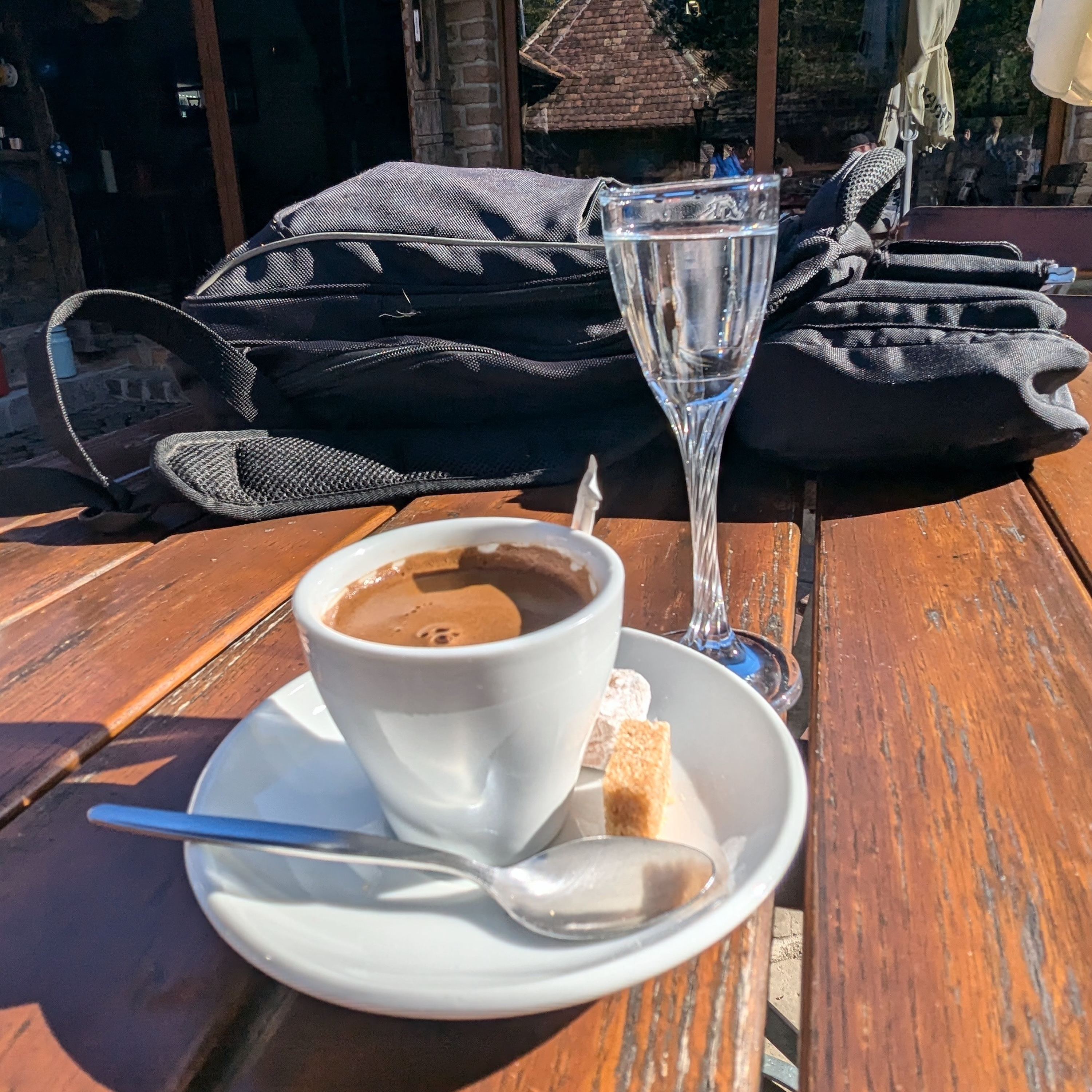Is There Such a thing as Independent Media in the Western Balkans
In this episode of we're delving into a topic that holds immense significance in the region: independent media in the Balkans. Joining me to discuss this is seasoned journalist, media analyst, and Balkans expert, Bojan Stojkovski.
Bojan and I embark on a thought-provoking journey through the complex landscape of media independence in the Balkans. We delve deep into the challenges, triumphs, and unique circumstances that shape the media environment in this diverse and historically rich region.
Bojan, who has spent years closely observing and reporting on media trends, begins by shedding light on the historical context that has contributed to the media landscape we see today. From the remnants of state-controlled media during the era of communism to the struggles faced during the Yugoslav Wars, Bojan paints a vivid picture of how the Balkan media sphere has evolved over the years.
But what truly captures our attention is the exploration of independent media outlets that have emerged against all odds. Bojan shares inspiring stories of journalists, citizen reporters, and brave individuals who have defied challenges like censorship, political pressures, and economic instability to create platforms that voice the realities of their communities. We discuss how these outlets have tackled sensitive topics, bridging ethnic and cultural divides through their work.
As we navigate through this conversation, we analyse the current state of independent media. Bojan brings to light the delicate balance between being truly independent and the financial constraints that often dictate the narratives. We discuss the dichotomy between traditional forms of media and the digital revolution, exploring whether the latter has truly democratised information or if it's just a new battleground for influence.
Of course, no discussion about media independence is complete without addressing the role of social media in the Balkans. Bojan shares intriguing insights into how platforms like Twitter, Facebook, and Instagram have become both catalysts for change and breeding grounds for misinformation. We delve into the phenomenon of echo chambers and how they impact public opinion, drawing parallels to similar trends on a global scale.
Bojan also takes a moment to analyse the influence of foreign media in the region. We discuss the potential pros and cons of international media outlets' involvement in Balkan affairs, examining how they might contribute to a diverse media landscape or inadvertently amplify certain biases.
But it's not all challenges and complexities. Bojan leaves us with stories of hope and innovation that demonstrate the resilience of Balkan journalists. From collaborative cross-border investigations to grassroots initiatives that empower local voices, we gain a glimpse into the bright spots that remind us of the potential for positive change.
Thank you for being a part of our podcasting community, and we look forward to bringing you more exciting content in the future.
You can support my work, by maybe leaving a Tip or by becoming a member of our podcast family at:
https://anenglishmaninthebalkanspodcast.com/support
Get full access to 🏴 An Englishman in the Balkans Blog 🇧🇦 at anenglishmaninthebalkans.com
This is a public episode. If you’d like to discuss this with other subscribers or get access to bonus episodes, visit www.anenglishmaninthebalkans.com/subscribe
Mentioned in this episode:
Tamara Intro Tip


